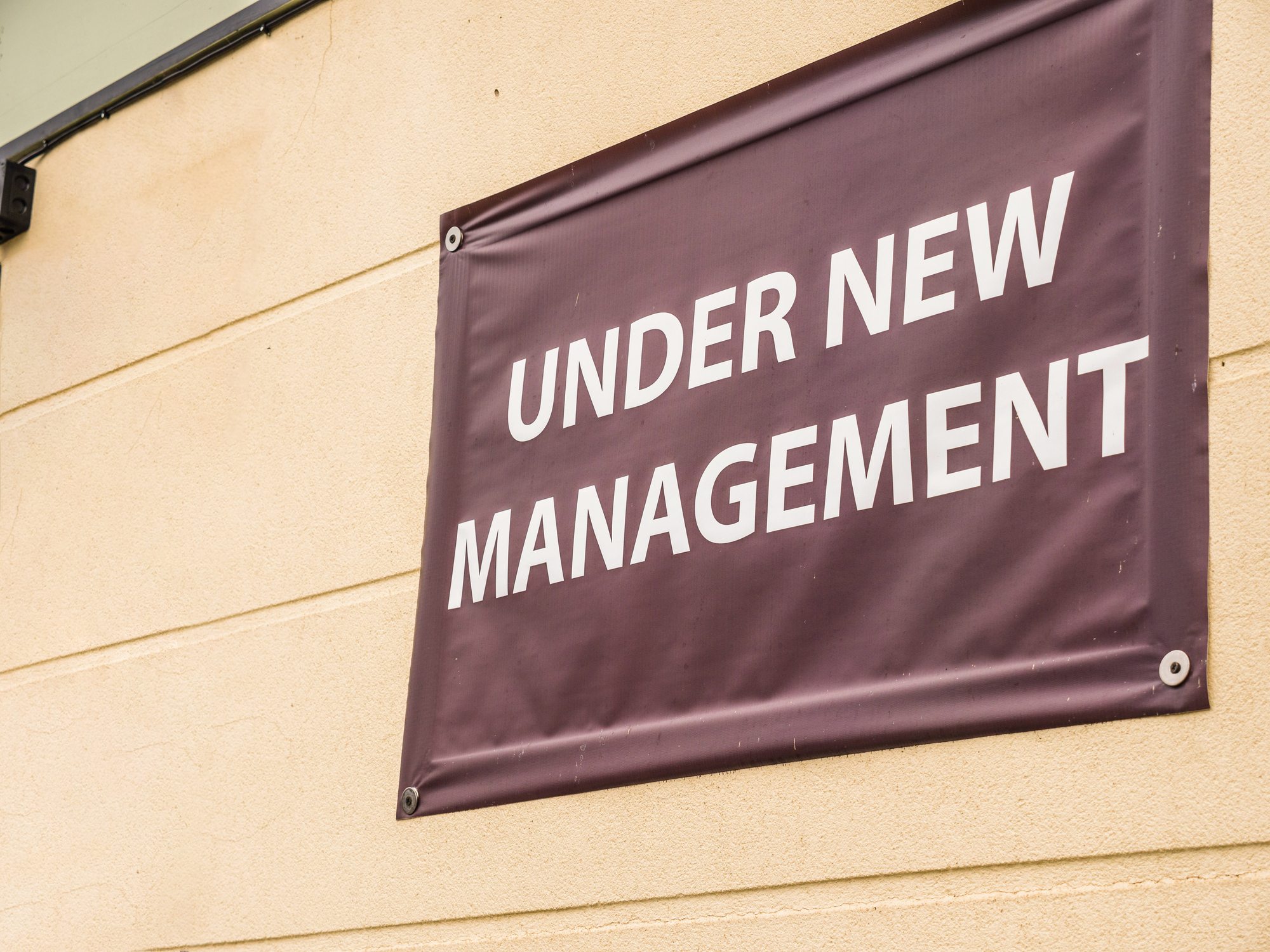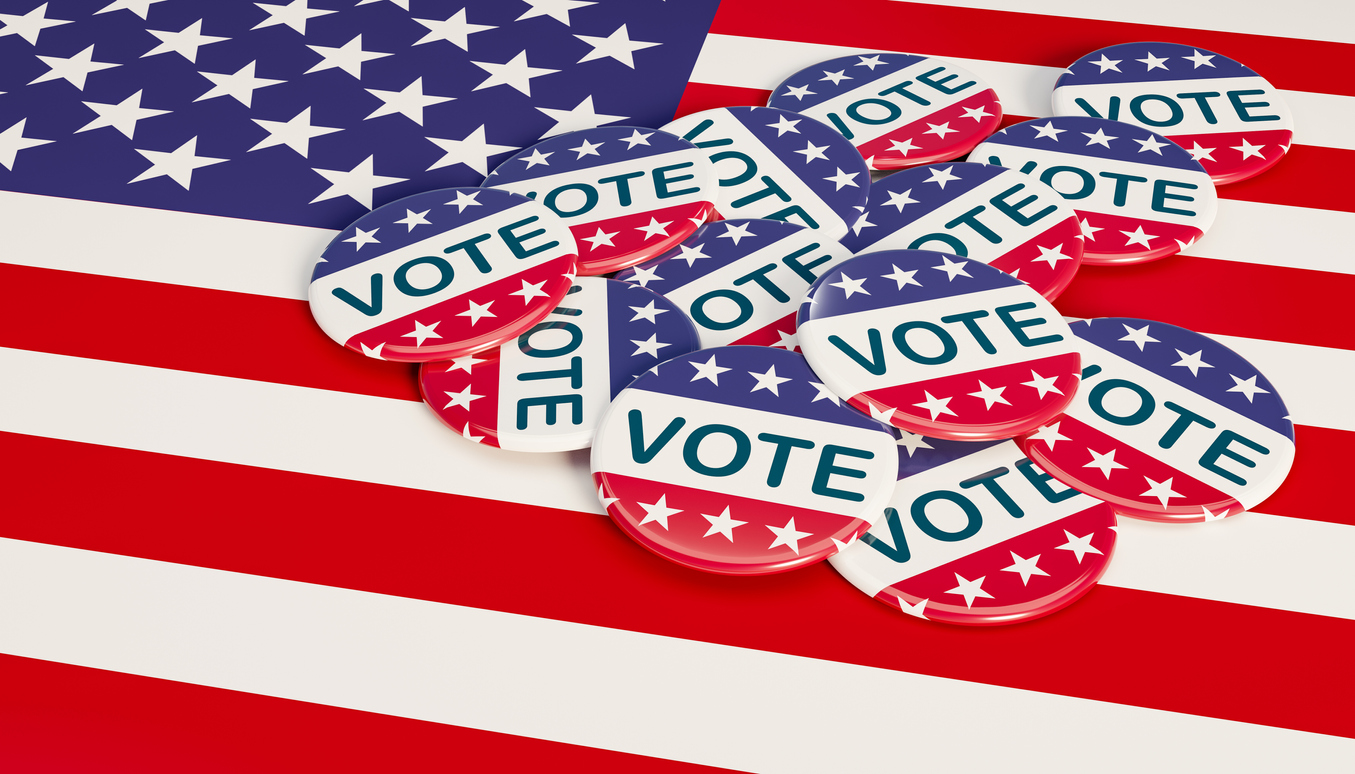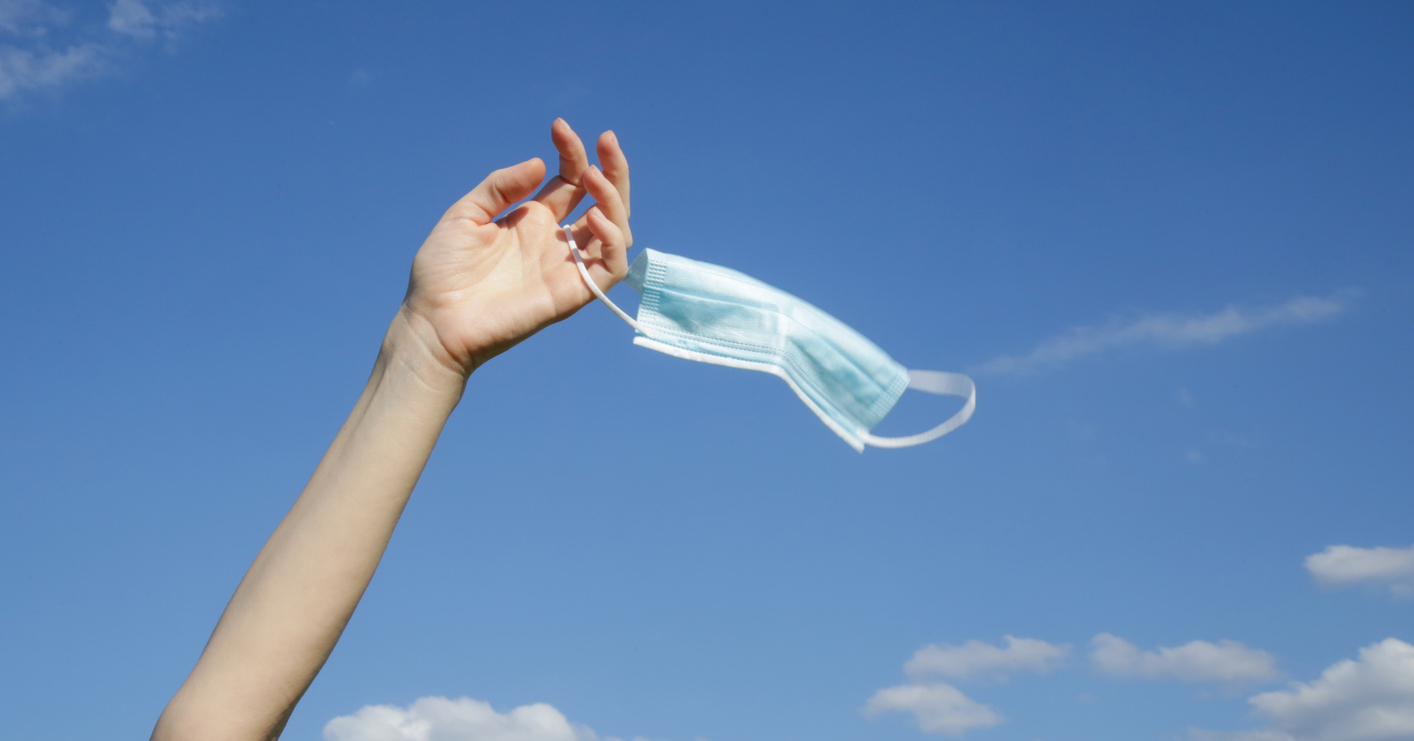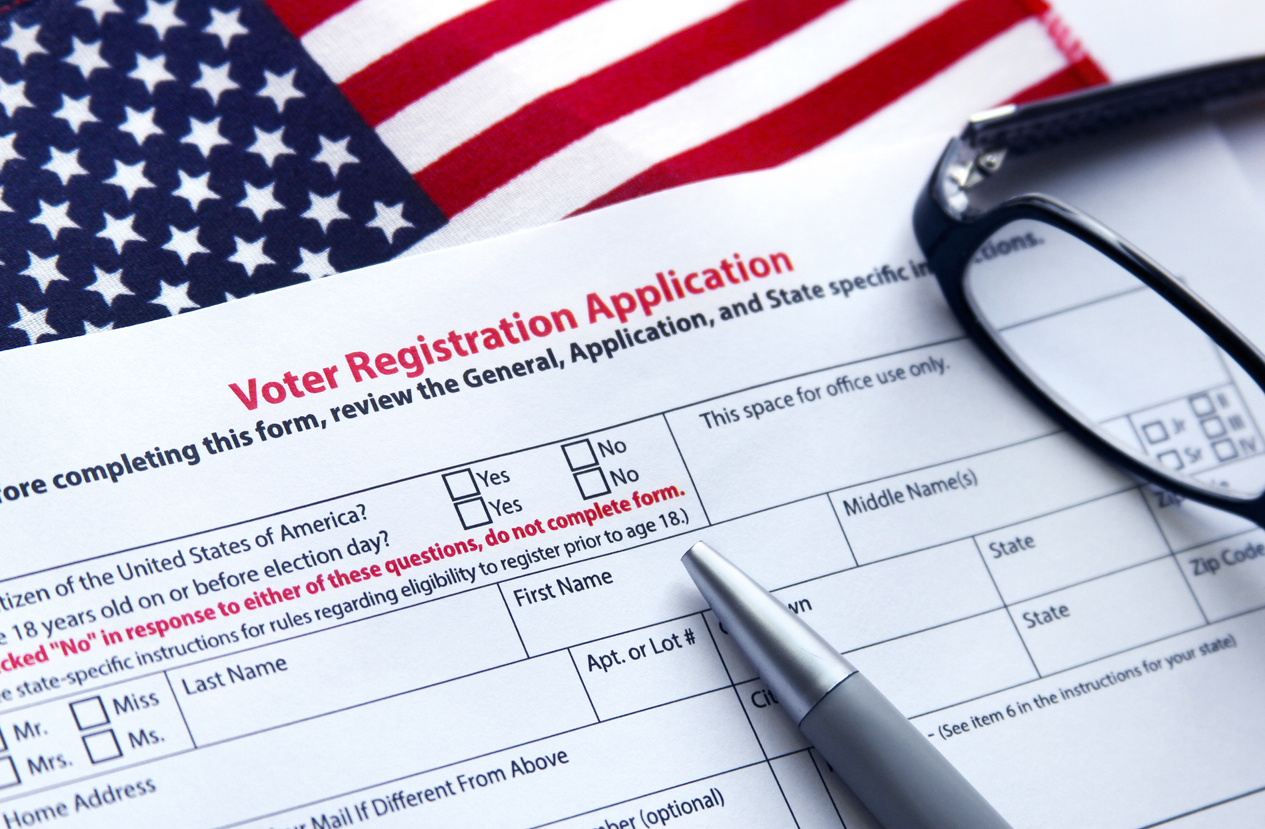Primary: March 20, 2018
General Elections: November 6, 2018
The 2018 Illinois gubernatorial contest may become the most expensive governor’s race in American history. A multimillionaire incumbent and multibillionaire challenger have already flooded the Land of Lincoln with $180 million in campaign cash ahead of the primary. With eight months left until the general election, the current rate of spending will likely break the record before November (the record was set in 2010, when Democrat Jerry Brown defeated Republican Meg Whitman after they raised a combined $280 million to run for Governor of California).
Meanwhile, Illinois has serious budget issues, with nearly $9 billion in past due bills.

Republican Governor Bruce Rauner will seek re-election under dismal circumstances. He’s among the most unpopular governors in America, with a 31-percent approval rating, according to a February Morning Consultpoll. Rauner defeated Democrat Governor Pat Quinn in 2014, after riding a business-friendly message focused on streamlining government. Rauner, a former private equity manager worth several hundred million dollars, has delivered on few campaign promises since then. He’s also antagonized the state’s financial woes by vetoing legislation from the Democratic-controlled state house. In 2015, he tried to close a $1.5 billion budget gap by cutting a number of government programs, which angered many Democrats. Currently, the Illinois credit rating remains one level above junk.
Fortunately for Rauner, his missteps might not cost the him office. According to a February poll from the Paul Simon Public Policy Institute at Southern Illinois University, Rauner leads State Representative Jeanne Ives, 51-31 percent. With a sample of 259 Republican voters, more than 18 percent remained undecided.

Ives, a three-term assemblywoman from the western Chicago suburbs, has crafted a campaign targeting social conservatives in down state Illinois. She’s criticized Rauner for failing to deliver on spending cuts or holding government agencies accountable. In a controversial television advertisement, a pro-Ives group attacked Rauner on policies ranging from transgender bathrooms to sanctuary cities. The Republican Party has increased its presence in rural Illinois in recent years, which could benefit Ives. However, Rauner has far outspent Ives, raising more than $103 million, with more than half coming from his own fortune. Conversely, Ives has only reached $3.8 million, placing her in an uphill battle.

The top Democratic nominee, J.B. Pritzker, is a multi-billionaire scion from a powerful Chicago family. Pritzker has been a major figure in Democratic fundraising circles, while his older sister, Penny Pritzker, served as President Barack Obama’s Commerce Secretary during his second-term. With a personal wealth of $3.5 billion, Pritzker has used more than $63 million of his own money for the campaign. Yet his finances have become a point of contention: A March news story highlighted his offshore bank accounts, he has not yet released his tax returns, and he was caught on an FBI wiretap in 2008 discussing campaign funding and available statewide offices with former Illinois Governor Rob Blagojevich. Blagojevich, was sentenced to 14 years in jail on federal corruption charges after he tried to sell President Barack Obama’s vacant senate seat in 2008.
Pritzker also maintains a close relationship with Michael Madigan, Illinois House Speaker and Chairman of the State Democratic Party. Madigan is the longest-serving leader in any federal or state legislative body in U.S. history. He’s among the most powerful politicians in Illinois, known for steamrolling opponents and wielding heavy influence over legislation. His shadow looms large in this primary, even though allegations connecting him to impropriety have emerged.

In the SIU poll, which sampled 472 voters, Pritzker has 31 percent support among Democrats, with nearly a quarter undecided. Trailing behind the billionaire is State Senator Daniel Bissof Evanston, a progressive candidate who wants to collect tax money from financial transactions on the Board of Trade and Mercantile Exchange. He once ran a Super PAC for Madigan, whose funding apparatus gave Biss more than $220,000 to help him win in 2010. However, his liberal bona fides have come under fire after he cosponsored a bill limiting the growth of retirement annuities for state employee pensions. The Illinois State Supreme Court struck down the legislation on constitutional grounds in 2015. Biss said he regrets the co-sponsorship but he still wants to reduce debts in the state retirement system. With roughly $5 million in campaign funding, he falls well short of Pritzker’s resources.
With 17 percent in the SIU poll, Chris Kennedy has emerged as a dark horse contender. As the son of Robert F. Kennedy, and the nephew of President John F. Kennedy, Chris has made gun control and mental health a centerpiece of his candidacy. He also wants to reform the state property tax system, calling it “a racket” in public. He served as Chairman of the Board of Trustees for the University of Illinois from 2012 to 2015. He was President of Merchandise Mart Properties, a commercial management firm based in Chicago.
Three other candidates have received single digit polling numbers: Bob Diabler, a Madison County school superintendent located west of St. Louis; Tio Hardiman, director of the anti-violence group Cease Fire Illinois; and Dr. Robert Marshall, a radiologist and Vietnam veteran who wants to divide Illinois into three separate states—Chicago, Chicago suburbs and rest of the state.
The Cook Political Report has categorized the general election as a toss-up, while Inside Elections has it tilting towards Democrats.
Latest News
Photo credit: iStock.com/yevtony Last week, the National Governors Association (NGA) elected Utah Governor Spencer Cox (R) as its new Chair and Colorado Governor Jared Polis (D) as NGA Vice Chair. Cox succeeds New Jersey Governor [...]
Photo credit: iStock.com/Torsten Asmus Texas voters have already submitted their ballots for the 2022 primary election. More states have their primary elections on the horizon. With the 2022 primary election season nearly upon us, many [...]
Photo credit: iStock.com/triocean DMGS has previously reviewed state government public health measures, as they have imposed and rescinded masking requirements. Now, over two years into the pandemic and after various COVID-related emergency declarations being implemented, [...]
Photo credit: iStock.com/outline205. Automatic voter registration allows eligible individuals to become automatically registered to vote when they interact with certain agencies in the government, such as a state agency overseeing motor vehicles. While most people [...]






Stay In Touch